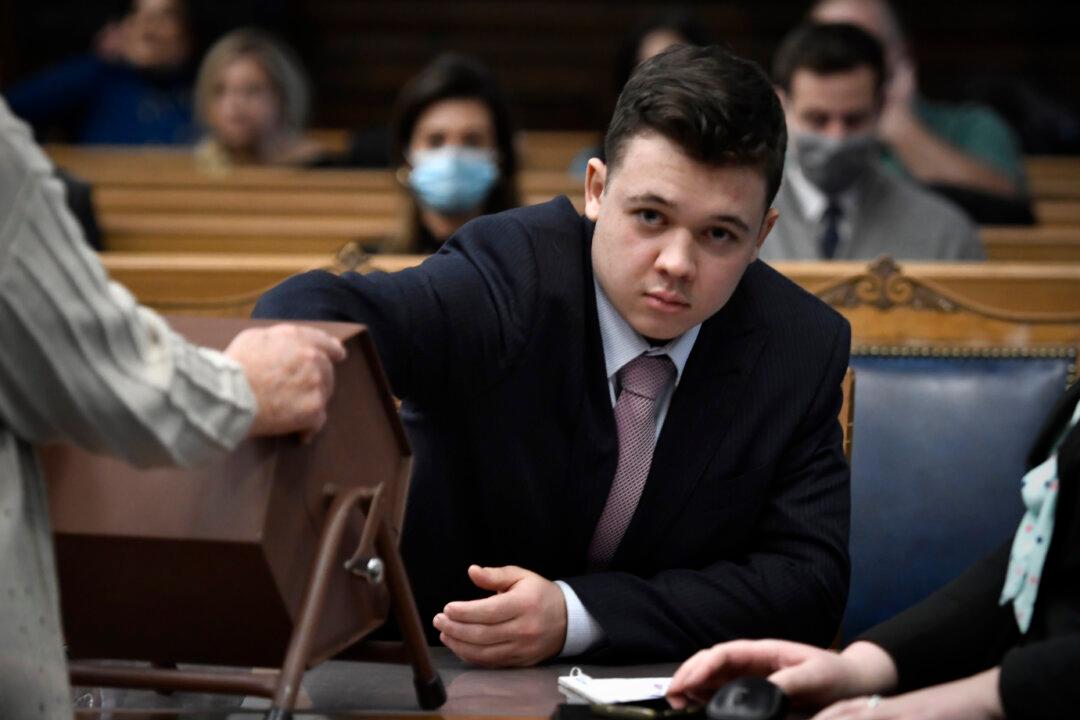The jury in the trial of Kyle Rittenhouse will start its deliberations at 10:00 a.m. ET in Kenosha, Wisconsin, coming a day after closing arguments from the prosecution and defense on Monday.
They will consider first-degree reckless homicide—punishable by up to 60 years in prison—along with two counts of first-degree recklessly endangering safety while using a dangerous weapon, first-degree intentional homicide while using a dangerous weapon—which carries a mandatory life sentence—and attempted first-degree intentional homicide while using a dangerous weapon.





